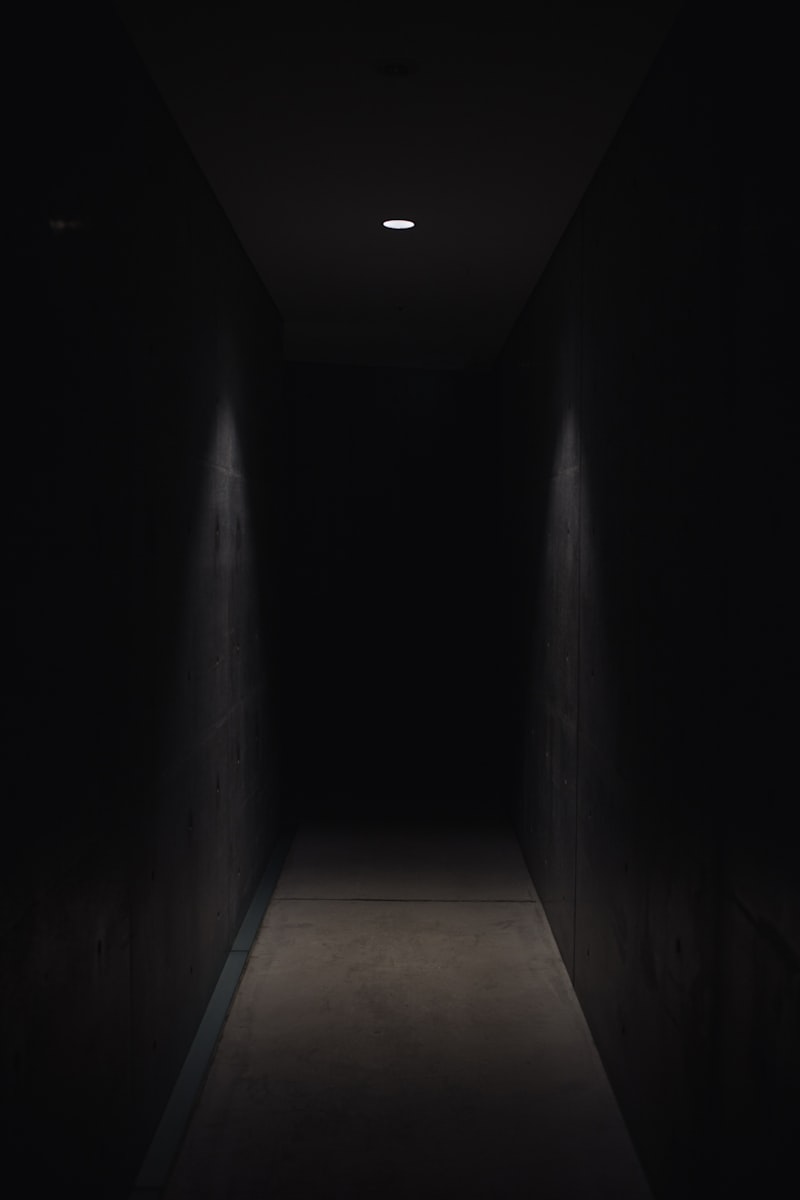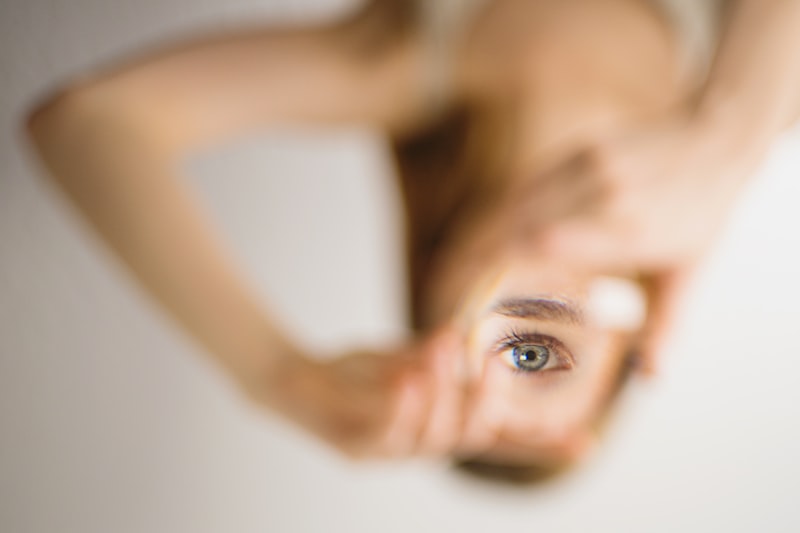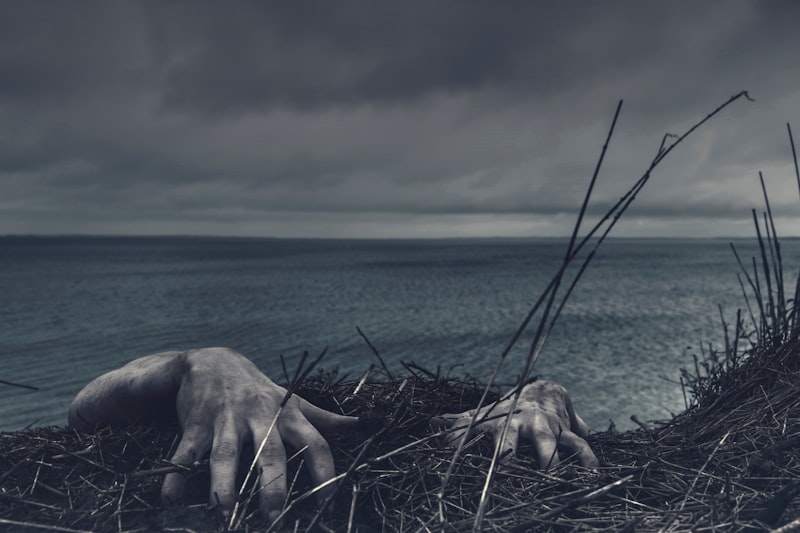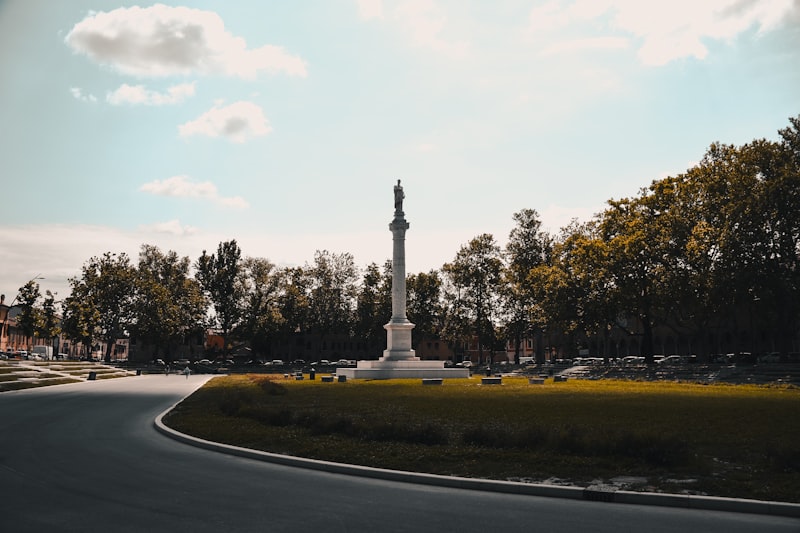Have you ever wondered why some people are drawn to horror movies despite the fear and suspense they evoke? The psychology behind our love for horror is a fascinating subject that delves deep into human emotions and reactions.
One of the main reasons we enjoy horror films is the adrenaline rush they provide. When we watch a scary movie, our heart rate increases, and we experience a heightened sense of alertness. It’s almost like riding a roller coaster – thrilling and intense.
Furthermore, horror movies tap into our primal instincts. They allow us to confront our deepest fears in a safe environment. While watching a horror flick, we know that the monsters and ghosts aren’t real, yet our brain reacts as if they are. This paradoxical experience of fear and safety is what makes horror so gripping.
Another psychological aspect of horror films is their ability to create a sense of catharsis. Psychologically, catharsis refers to the release of pent-up emotions. When we watch a scary movie, we may scream, jump, or even laugh nervously. These reactions help us release tension and feel a sense of relief afterwards.
Moreover, horror movies often explore taboo subjects or dark aspects of human nature. They challenge our perceptions of morality and mortality, forcing us to confront uncomfortable truths. This exploration of the unknown can be both unsettling and thought-provoking, adding to the allure of horror films.
Interestingly, our enjoyment of horror can also be attributed to social factors. Watching scary movies with friends or family members can strengthen bonds and create shared memories. It’s a communal experience where we laugh, scream, and discuss our favorite scenes long after the credits roll.
The psychology behind why we love horror movies is multifaceted. From the adrenaline rush and cathartic release to the exploration of taboo subjects and social bonding, horror films tap into deep-seated human emotions and instincts. Next time you watch a horror movie, pay attention to how it makes you feel – you might uncover something intriguing about yourself.
Unveiling Fear: The Intricate Psychology of Horror Enthusiasts
At its core, the allure of horror stems from a primal fascination with fear itself. Unlike the real dangers we face in everyday life, horror provides a controlled environment where fear can be experienced safely. It allows us to confront our deepest anxieties in a way that feels exhilarating rather than threatening. Just as a roller coaster thrills riders by simulating danger, horror media offers a similar rush through its narratives of suspense and terror.
Moreover, horror serves as a psychological playground where the boundaries of our fears can be explored and expanded. It challenges our perceptions of the world and our own mortality, prompting us to contemplate existential questions in a visceral manner. This exploration can lead to a deeper understanding of ourselves and our fears, ultimately fostering personal growth and resilience.
For many enthusiasts, the appeal of horror lies in its ability to evoke a wide range of emotions beyond fear alone. It can induce feelings of suspense, excitement, and even empathy for characters facing unimaginable horrors. This emotional roller coaster creates a cathartic release that leaves viewers feeling exhilarated and alive, having safely navigated the darkest recesses of their imagination.
In addition to emotional engagement, horror also taps into our cognitive faculties by stimulating our curiosity and problem-solving skills. As we try to anticipate plot twists or unravel the mysteries behind supernatural phenomena, our minds remain actively engaged throughout the experience.
Chasing Thrills: How Horror Movies Manipulate Our Deepest Fears
At the heart of every great horror movie lies the art of suspense. Like a skilled puppeteer, directors string us along with tense moments and eerie silence, building anticipation until it reaches a crescendo. Think of it as walking down a dark hallway, knowing something could jump out at any moment—the tension is palpable, and our hearts race in anticipation.
Jump scares are another tool in the horror filmmaker’s arsenal. They’re the cinematic equivalent of a sudden punch to the gut, catching us off guard and eliciting that immediate, adrenaline-fueled reaction. It’s that split-second jolt that leaves us breathless, eyes wide, and clinging to the edge of our seats.
But horror isn’t just about cheap thrills; it delves deep into our subconscious fears. Whether it’s the fear of the unknown lurking in the shadows or the dread of something supernatural beyond our control, these movies play on universal anxieties that strike a chord with viewers on a primal level.
Moreover, the setting and atmosphere are crucial elements in crafting a truly terrifying experience. A desolate cabin in the woods, a creaky old mansion, or a ghostly, abandoned hospital—all serve as backdrops that amplify the sense of dread and isolation. It’s these environments that envelop us, immersing us in a world where anything can happen.
Characters in horror movies often embody our fears and vulnerabilities. They might be ordinary people thrust into extraordinary circumstances, struggling against malevolent forces that defy reason and logic. Their plight becomes our own, and we experience their terror firsthand.
In essence, horror movies are a rollercoaster ride of emotions, designed to evoke fear, suspense, and a sense of morbid fascination. They push the boundaries of our comfort zones, challenging us to confront what scares us most. And while we may leave the theater with a racing heart and lingering unease, there’s a thrill in knowing we survived the experience—a testament to the power of storytelling that taps into our primal fears.
From Anxiety to Adrenaline: Understanding the Appeal of Horror
Horror films tap into a primal part of human psychology, where fear and adrenaline intertwine. They play on our deepest fears and anxieties, drawing us into a world where the unknown lurks around every corner. The suspense builds as we anticipate what might happen next, our hearts racing in sync with the characters on screen.

One of the key appeals of horror is its ability to evoke a range of emotions, from fear to relief. It’s a rollercoaster ride of emotions, where moments of tension are punctuated by moments of catharsis. When the threat is revealed and the danger passes, we experience a surge of relief, knowing that we’ve survived the ordeal along with the characters.
Moreover, horror movies often serve as a reflection of societal fears and anxieties. They explore themes such as isolation, loss of control, and the unknown, mirroring the uncertainties of the world around us. By confronting these fears in a controlled environment, we may find a sense of empowerment or catharsis, knowing that we can face our own fears in real life.
The adrenaline rush that comes with watching horror is another draw for many. As our bodies react to the perceived threat on screen, adrenaline floods our system, heightening our senses and making us feel more alive. It’s a thrill-seeking experience that can be addictively exhilarating, like riding a rollercoaster or skydiving.
In essence, the appeal of horror movies lies in their ability to provoke strong emotional reactions and tap into our primal instincts. Whether it’s the suspenseful buildup, the cathartic release, or the adrenaline rush, horror films offer a unique and compelling experience that continues to captivate audiences worldwide.
The Dark Appeal: What Drives Our Fascination with Horror Stories?
Have you ever found yourself inexplicably drawn to the spine-chilling tales that send shivers down your spine? Horror stories have a peculiar allure, captivating us with their mysterious darkness and eerie suspense. But what exactly fuels our fascination with these tales of fear and dread?

Firstly, it’s the adrenaline rush. Imagine sitting in a dimly lit room, heart racing as you follow the protagonist through a haunted house or a forsaken forest. Horror stories evoke a primal response, triggering our fight-or-flight instincts even in the safety of our homes. This thrill-seeking aspect taps into our innate curiosity about the unknown and the supernatural.
Moreover, horror stories often serve as metaphors for deeper fears and anxieties. They allow us to confront our inner demons in a controlled environment. Whether it’s the fear of death, the darkness within ourselves, or the unknown lurking in the shadows, these stories provide a cathartic release. By experiencing fear vicariously, we gain a sense of mastery over our own anxieties.
Furthermore, there’s the element of escapism. In a world where reality can often be mundane or stressful, horror stories offer a temporary escape into a thrilling, alternate reality. They transport us to haunted castles, cursed towns, or realms teeming with supernatural entities. This escapism allows us to momentarily leave behind the ordinary and explore the extraordinary, all from the safety of our imagination.
Additionally, horror stories challenge our perceptions and push the boundaries of what we deem possible or acceptable. They make us question the nature of evil, the limits of human resilience, and the thin veil between the natural and the supernatural. This intellectual stimulation adds another layer of intrigue to our fascination with horror.
The allure of horror stories lies in their ability to evoke fear, confront our deepest anxieties, offer an escape from reality, and stimulate our intellectual curiosity. Whether you’re a casual reader or a devoted fan, these tales of darkness continue to captivate and intrigue us, drawing us deeper into the shadows with each chilling narrative.
Beyond Scares: Exploring the Emotional Resilience of Horror Fans
For many, horror movies offer more than just scares; they provide a thrilling rollercoaster ride of emotions. Imagine sitting on the edge of your seat, heart racing, as the protagonist navigates through a dark, haunted house. Your adrenaline spikes, palms sweat, and yet, you can’t look away. It’s this mix of fear and excitement that hooks horror fans.

But why do some people seek out these terrifying experiences willingly? Psychologists suggest that horror movies allow us to confront our deepest fears in a safe environment. By facing fictional horrors, we may be better prepared to cope with real-life challenges. It’s like practicing bravery in a controlled setting.
Moreover, horror fandom fosters a sense of community among enthusiasts. Whether it’s debating the best slasher films or analyzing the psychology of fear, horror fans form bonds over shared experiences. They thrive on dissecting plot twists, discussing creepy atmospheres, and discovering hidden symbolism that adds layers of meaning to the scares.
Interestingly, horror movies also play with our emotions in unexpected ways. They can evoke empathy for characters facing supernatural threats or explore existential themes through supernatural elements. This emotional complexity appeals to those who seek more than just jump scares—they want stories that provoke thought and stir the soul.
In essence, the appeal of horror goes beyond mere entertainment; it’s about exploring the human psyche and testing our emotional limits. So, the next time you feel the urge to watch a horror flick, consider the thrill of confronting your fears and the camaraderie of being part of a community that finds beauty in darkness. After all, isn’t it fascinating how something so chilling can also be deeply captivating?
The Thrill of Fear: Psychological Insights into Horror’s Allure
Horror films have a unique grip on our psyche, tapping into the deepest corners of our minds where fear resides. Have you ever wondered why we willingly subject ourselves to the chilling suspense and spine-tingling scares that horror movies offer? The answer lies in the complex interplay of psychology and our innate curiosity about the unknown.
One of the most intriguing aspects of horror’s allure is its ability to evoke intense emotional responses. When we watch a horror movie, our brains go into overdrive, releasing adrenaline and dopamine. These chemicals heighten our senses, making us hyper-aware of every creaking floorboard or shadowy corner on the screen. It’s a thrill-seeking adventure where the fear we experience is controlled and safe, yet palpable enough to send shivers down our spines.

Moreover, horror allows us to confront our deepest fears in a controlled environment. By exposing ourselves to fictional horrors, we gain a sense of mastery over our anxieties. It’s like facing a fear of heights by skydiving—except in this case, the threat isn’t real, but the emotional catharsis is. This paradoxical enjoyment of fear helps us process and cope with real-life uncertainties in a symbolic way.
Beyond the physiological and psychological reactions, horror movies also tap into our fascination with the macabre and supernatural. They challenge our perceptions of reality and stretch the boundaries of what we deem possible. In a world where the everyday can feel mundane, horror offers a thrilling escape into the unknown, where anything can happen.
In essence, the allure of horror lies in its ability to simultaneously terrify and fascinate us. It’s a genre that invites us to explore the darker recesses of our minds, confronting our fears head-on while providing an exhilarating adrenaline rush. So, the next time you feel your heart race during a horror flick, remember—it’s not just fear you’re feeling, but a complex tapestry of emotions that make horror such an enduring and captivating genre.
Frequently Asked Questions
Is there a link between adrenaline and enjoying horror
Learn about the connection between adrenaline and the enjoyment of horror. Discover how adrenaline can heighten the thrill of suspense and fear, contributing to the enjoyment of scary experiences.
How does fear in entertainment benefit us psychologically
Discover how fear in entertainment benefits us psychologically by triggering controlled stress responses, enhancing emotional resilience, and offering a safe environment for exploring primal emotions.
What psychological factors make horror appealing
Discover the psychological factors that make horror movies appealing. Explore why elements like suspense, fear, and adrenaline can captivate and thrill audiences.
Can exposure to horror films affect our emotions long-term
Learn about the potential long-term effects of exposure to horror films on emotions with this concise FAQ. Understand how prolonged exposure may impact emotional responses and what precautions you can take.
Why are humans attracted to horror movies
Discover why humans are drawn to horror movies and explore the psychological reasons behind this attraction.



